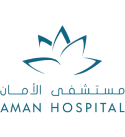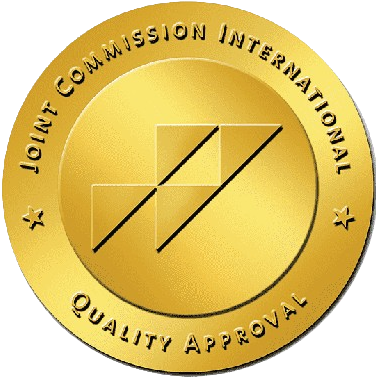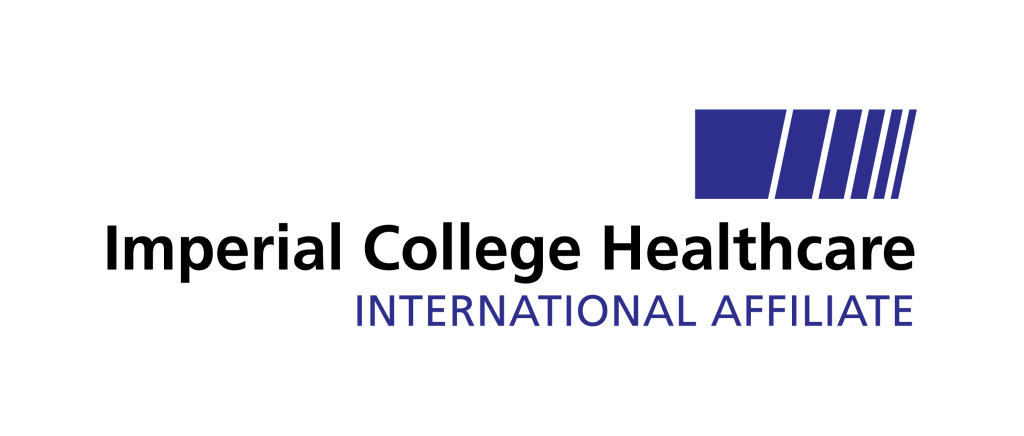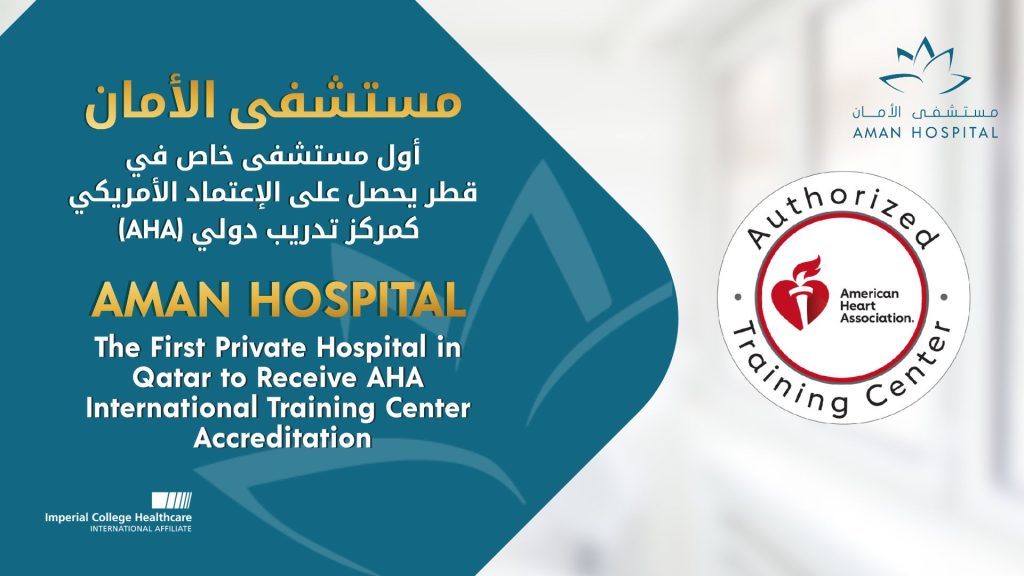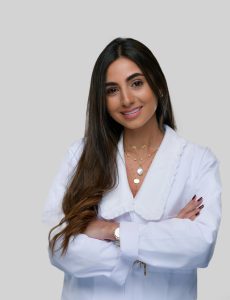Overview
Structural heart disease can be present at birth or develop with age. It refers to defects in the heart’s valves, walls, or chambers.
Historically, open-heart surgery has been the common method for treating valvular and structural heart disease. However, percutaneous procedures to fix heart defects now provide a viable alternative to patients for whom conventional surgery is considered too risky and offers the potential benefits of less scarring, less blood loss, less pain, and a quicker recovery.
Conditions treated
It occurs when the heart’s aortic valve narrows. This obstructs blood flow into the aorta and the rest of the body, causing the heart to work harder. Eventually, the heart muscle weakens and symptoms develop. If left untreated, aortic stenosis can lead to serious heart problems.
Mitral valve stenosis also called Mitral Stenosis is a narrowing of the heart’s mitral valve. This abnormal valve doesn’t open properly, blocking blood flow into the main pumping chamber of your heart (left ventricle). Mitral valve stenosis can make you tired and short of breath, among other associated problems.
A Bicuspid Aortic Valve is an aortic valve that has two flaps (cusps) instead of three. It may cause a narrowed aortic valve opening (aortic valve stenosis), making it difficult for the heart to pump blood into the body’s main artery (aorta), or it can cause valvular leakage, leading to an enlarged heart and weakened heart muscle over time.
Also known as a click-murmur syndrome, Barlow’s syndrome, balloon mitral valve, or floppy valve syndrome, is the bulging of one or both mitral valve flaps (leaflets) into the left atrium during the contraction of the heart.
Mitral valve regurgitation can occur due to mitral valve prolapse, mitral leaflet flail, or secondary to increased annular dimension or enlarged heart. Mitral valve regurgitation can make you tired and short of breath, among other problems.
Signs and symptoms may include one or more of the following:
- Chest discomfort (pain may get worse with activity)
- Cough (possibly bloody)
- Breathing problems when exercising
- Becoming easily tired
- Feeling the heartbeat
- Fainting
- Weakness or dizziness with activity
Procedures, Tests and Services provided: & tests include:
- Cardiac Catheterization
- CT scan
- Echocardiogram (TTE and TEE)
- Carotid Ultrasound
- Laboratory tests
- Physical Exam
- Frailty Testing
- Pulmonary Functional Testing
- Arterial Blood Gases
- Breathing Test
- Transcatheter or surgical valvular repair or replacement
PFO is an acquired structural abnormality. It is a small opening between the two upper chambers of the heart, the right, and the left atrium.
Most patients with a PFO do not have any symptoms. However, the condition may play a role in migraine headaches and it increases the risk of stroke, transient ischemic attack, and heart attack.
Associated procedures & tests include:
- Echocardiogram (echo)
- Transesophageal echo (TEE)
- Transcatheter device closure
- Bubble study: This is done during an echo or TEE. An IV filled with agitated saline is placed in your arm. The saline makes bubbles that the doctor watches to see if they move from one side of the heart to the other
- You may need other tests to check your heart rhythm, nervous system, and to test for conditions that increase your risk of blood clots (hypercoagulable state)
An atrial septal defect (ASD) is a hole in the wall (septum) between the two upper chambers of your heart (atria). The condition is present at birth (congenital).
Small defects might be found by chance and never cause a problem. Some small atrial septal defects close during infancy or early childhood. Larger defects can lead to enlargement and increased pressure in the right-sided chambers of the heart. Larger defects need to be closed before the irreversible rise in pulmonary pressure occurs.
Signs and symptoms may include one or more of the following:
- Shortness of breath, especially when exercising
- Fatigue
- Swelling of legs, feet, or abdomen
- Heart palpitations or skipped beats
- Stroke
- Heart murmur, a whooshing sound that can be heard through a stethoscope
Associated procedures & tests include:
- Cardiac catheterization
- Echocardiogram
- Electrocardiogram (ECG or EKG)
- Minimally invasive heart surgery
- MRI
- X-ray
- Transcatheter device closure or surgical closure
VSD is a birth defect of the heart in which there is a hole in the wall (septum) that separates the two lower chambers (ventricles) of the heart. Small defects usually are asymptomatic and can be left. Larger defects might lead to the left chamber of the heart being enlarged and therefore might require closure.
Associated procedures & tests include:
- Cardiac catheterization
- Chest X-rays
- Echocardiogram
- Electrocardiogram (ECG or EKG)
- Transcatheter device or surgical closure
HCM is a disease in which the heart muscle becomes abnormally thick (hypertrophied). The thickened heart muscle can make it harder for the heart to pump blood.
Signs and symptoms may include one or more of the following:
- Chest pain, especially during exercise
- Fainting, especially during or just after exercise or exertion
- Heart murmur, which a doctor might detect while listening to your heart
- The sensation of rapid, fluttering, or pounding heartbeats (palpitations)
- Shortness of breath, especially during exercise
Associated procedures & tests include:
- Ablation therapy
- Cardiac catheterization
- Echocardiogram
- Electrocardiogram (ECG or EKG)
- Genetic testing
- Holter monitor
- Implantable cardioverter-defibrillators (ICDs)
- MRI
- Pacemaker
What Do we offer you at our Structural Heart Disease Specialty Unit?
With a team of devoted and expert physicians, nurses, and support staff, the Structural Heart Disease Unit at Aman Hospital provides patients with the ideal treatment plan for heart disease and vascular conditions. Using highly pioneering technologies, with the minimum invasive approaches, our team is a leader in treating heart disease.
Through the Structural Heart Disease Unit , the patient is evaluated by an interventional cardiologist. The appropriate diagnostic testing is typically performed on the same day to determine the best treatment plan.
Meet The Doctors
FAQs
- Qatar ID / valid passport
- Insurance card
- Laboratory studies (in case available)
For insurance and price inquiries, please contact our call center at +974 4400 4400 between 8 am to 10 pm.
The Structural Heart Disease Specialty Unit in Aman Hospital is located at the following address: Ground Floor, Outpatient 1.
We recommend you allow enough time to park to ensure you arrive on time. Please plan to arrive 30 minutes prior to your appointment time. Our valet parking is here to assist you, take your car and park it safely in our underground parking.
Always feel free to bring someone with you to your appointments. A family member or friend can help ask questions, remember the information your care team gives you, and provide support.
Please call our call center at +974 4400 4400. They are available from Saturday to Thursday from 8 am to 10 pm to help you reschedule or cancel your appointment.
Our Support Services
- Specialized physical therapist who helps you to improve your joint pain and muscles strength, informs you on the proper ergonomic postures to prevent back pain, and customizes a targeted program that fits your health status. For any inquiry, please contact +974 4400 4400.
- Dietary services will guide you and your family regarding healthier food choices in case of dyslipidemia, diabetes, obesity and hyperuricemia. For any inquiry, please contact +974 4400 4400.
- Pharmaceutical services will guide you regarding your medications and/or biologic treatments: administration mode, timing, side effects, management in case of infection and address any question that may arise. For any inquiry, please contact +974 4400 4400.
- Nursing services for patient education who will provide you with all the information about your disease and treatment and answer your questions. For any inquiry, please contact +974 4400 4400.
- Healthcare practitioner who will coordinate all your appointments and make sure to schedule the appointments at your convenience. For any inquiry, please contact +974 4400 4400.
- Financial team who is here to secure your insurance approvals on time and assist you with any financial inquiries. For any inquiry, please contact +974 4400 4400.
